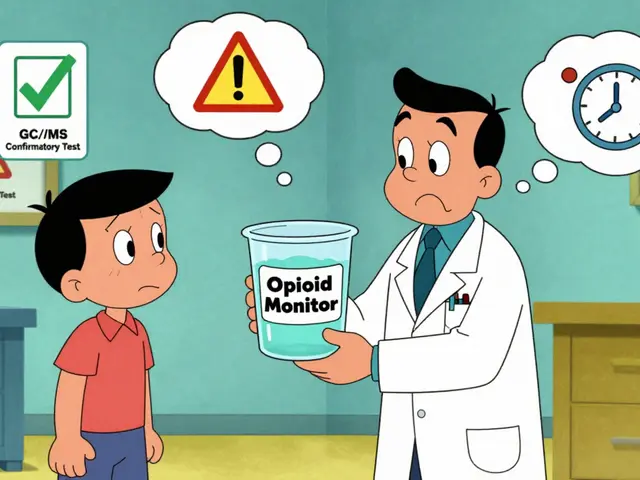Addison's disease
Feel tired all the time, dizzy when you stand, or suddenly crave salt? Those can be signs of Addison's disease — when your adrenal glands don't make enough cortisol and sometimes aldosterone. It's rare, but once you know what to look for and how treatment works, you can manage it well.
Most often Addison's is caused by an autoimmune attack on the adrenal glands. Other causes include infections (like tuberculosis), bleeding into the glands, certain genetic problems, or pituitary disorders that lower ACTH and secondarily reduce cortisol. Knowing the cause helps your doctor choose the right follow-up tests and care.
Symptoms that matter
Symptoms usually come on slowly: constant fatigue, muscle weakness, weight loss, low blood pressure, dizziness on standing, darkening of the skin, salt cravings, nausea, and low mood. Low aldosterone can cause low sodium and high potassium. If you notice several of these — especially weakness plus fainting or severe lightheadedness — tell your doctor right away.
Diagnosis and tests
Doctors start with morning blood tests: cortisol and ACTH, plus sodium and potassium. If results point to adrenal insufficiency, an ACTH stimulation test confirms it. Imaging (CT or MRI) can check for adrenal damage or pituitary problems. Lab monitoring continues after diagnosis to fine-tune treatment.
Treatment is hormone replacement. Most people take oral hydrocortisone or prednisone to replace cortisol; many also need fludrocortisone for aldosterone replacement. Doses change with stress: fever, surgery, or serious illness usually mean you raise your steroid dose. Your provider will teach you the exact “sick day” rules.
An adrenal (Addisonian) crisis is an emergency: very low blood pressure, severe vomiting, confusion, and collapse. It needs immediate IV fluids and high-dose steroids. If you're at risk, carry an emergency injection kit, wear a medical ID, and make sure family or coworkers know how to use the kit.
Living with Addison's means planning ahead. Keep extra meds and a written prescription, schedule regular blood tests, and tell any new clinician about your condition before procedures. Watch for medication side effects like weight changes or mood swings and report them so doses can be adjusted.
Small lifestyle steps help: stay well-hydrated, follow salt advice from your doctor, manage stress, and plan for dose changes during travel or illness. Pregnant people and parents of children with Addison's need close specialist follow-up, but many live full, active lives once treatment is stable.
If you suspect adrenal problems, ask your doctor for morning cortisol and ACTH testing. Early diagnosis prevents crises and makes daily life manageable with simple hormone replacement and good planning.



